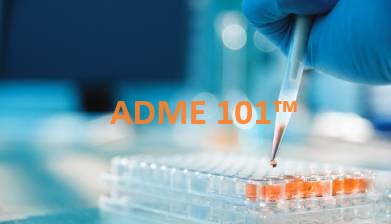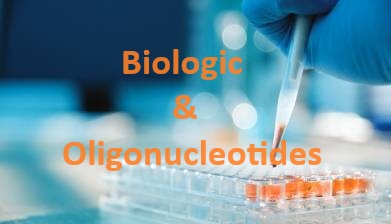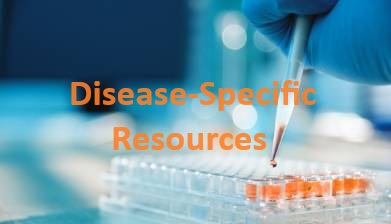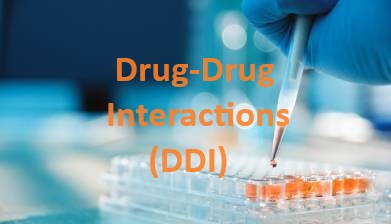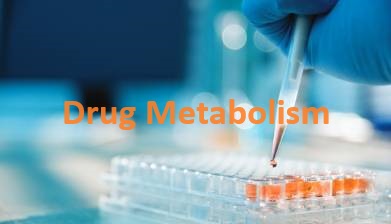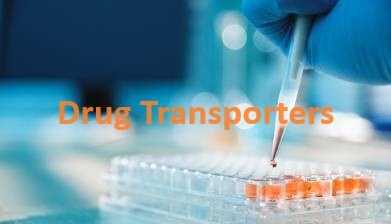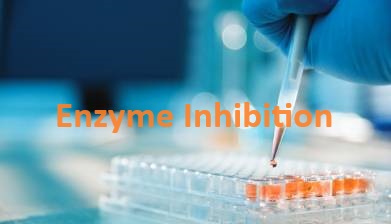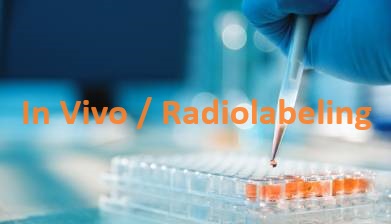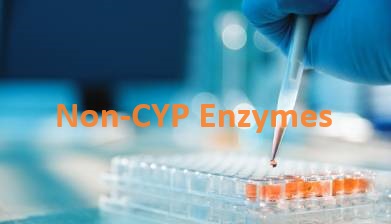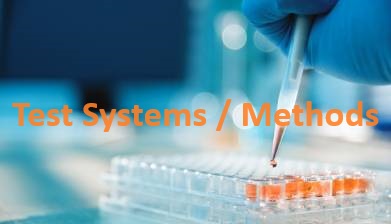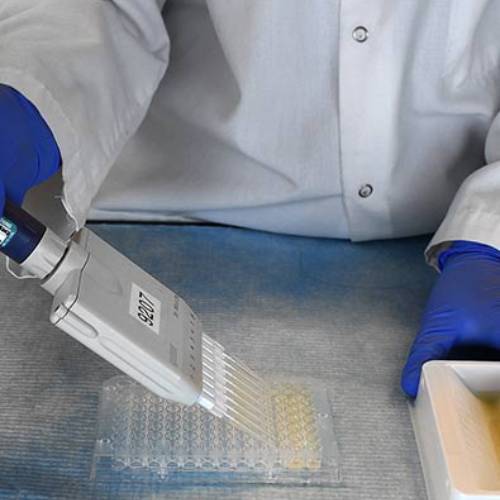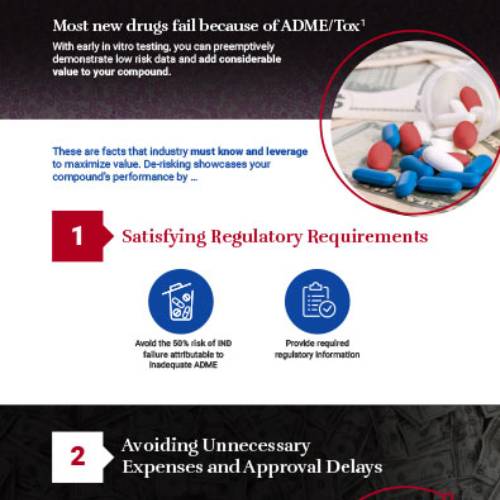XenoTech


A Powerhouse Player in the Biotechnology Industry
XenoTech is a member of the BioIVT family. BioIVT enables smarter science and accelerates medical breakthroughs by delivering high-quality personalized biospecimen solutions and research services to life science and diagnostic industries. Recognized as an industry leader, BioIVT specializes in control and disease state samples including human and animal tissues or preparations, ADME-Tox products and research services, cell and gene therapy products, blood, and other biofluids.
By combining technical expertise and exceptional customer service with unmatched access to biological specimens, BioIVT serves the research community as a trusted partner in ELEVATING SCIENCE®.
Featured Products
- Hepatocytes – Liver cells for use in plated cultures or suspension assays are considered the “gold standard” as a critical tool for predicting properties such as hepatotoxicity, metabolism, and potential drug-drug interactions.
- Subcellular Fractions – Microsomes, S9, cytosol, lysosomes, homogenate, and mitochondria from hepatic and extrahepatic tissue provide a cost-effective option for use with in vitro assays to predict a compound’s behavior in a human, especially to evaluate drug metabolism.
- Kupffer Cells – Resident macrophages in the liver that are commonly used in 3D systems and cocultures for in vitro drug metabolism and pharmacokinetics (DMPK) assays and investigation of cytokine release.
- Cell Media & Buffers – Optimized media for thawing, incubating and plating cellular test systems; NADPH regeneration for extended metabolism of test articles; and buffers to extract the most in vitro catabolic performance.
Product Categories
Blogs
Videos
ADME & DDI Expertise: Guidance Through the Pipeline & Patient
Services
Preclinical Contract Research Services
Consulting
Expert consultancy services provide clients with top-tier consultants and analysis on the critical components of absorption, distribution, metabolism, and excretion (ADME) and potential for drug-drug interactions (DDI) of their drug candidate. This input allows for the optimization of the data package for regulatory submission and minimizes the risk of costly or dangerous unexpected circumstances in clinical trials leading to late-stage failure.
In Vitro Studies
In vitro ADME/DMPK/DDI studies are recommended by regulatory authorities worldwide to precede first in-human clinical trials or supplement clinical metabolism or drug-drug interaction data. Cell-based assays can provide reliable prediction of a drug’s metabolism, pharmacokinetic properties, and potential for drug-drug interaction within a patient.
In Vivo Studies
Nonclinical In vivo ADME/PK studies include IND-enabling animal studies through an AAALAC-accredited facility, providing context for bridging toxicology and pharmacology preclinical data as well as insight into ADME properties and metabolite formation with radioisotope (RI) labeled test article.
Bioanalysis
Bioanalysis involves quantitative measurement of small molecule drugs and/or metabolites of interest in plasma, tissue, or excreta with fit-for-purpose non-validated LC-MS/MS methods, allowing for fast turnaround times and accurate information.
Biologic-Small Molecule DDI
Drug-drug interactions between biologic and small molecule drugs can result from an inflammatory response leading to elevated cytokine levels and subsequent suppression of drug-metabolizing enzymes such as cytochrome P450s (CYPs). We offer in vitro assays to evaluate the potential of a biologic drugs to cause a drug-drug interaction (DDI) directly or through cytokine effect on expression of drug-metabolizing enzymes and/or drug transporters.
Contact Us
The Krishgen support team strives to provide swift responses and resolution to your queries.

